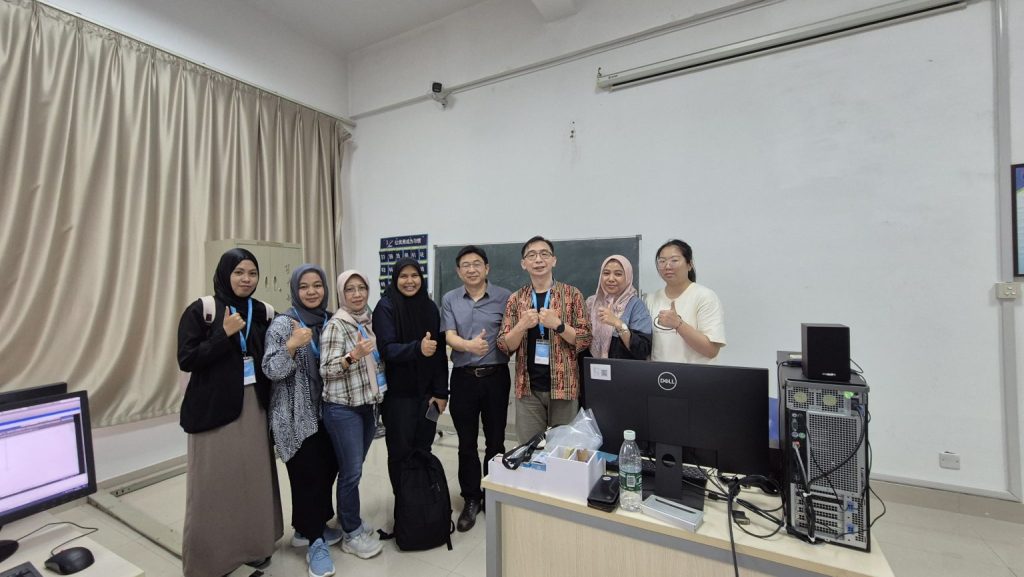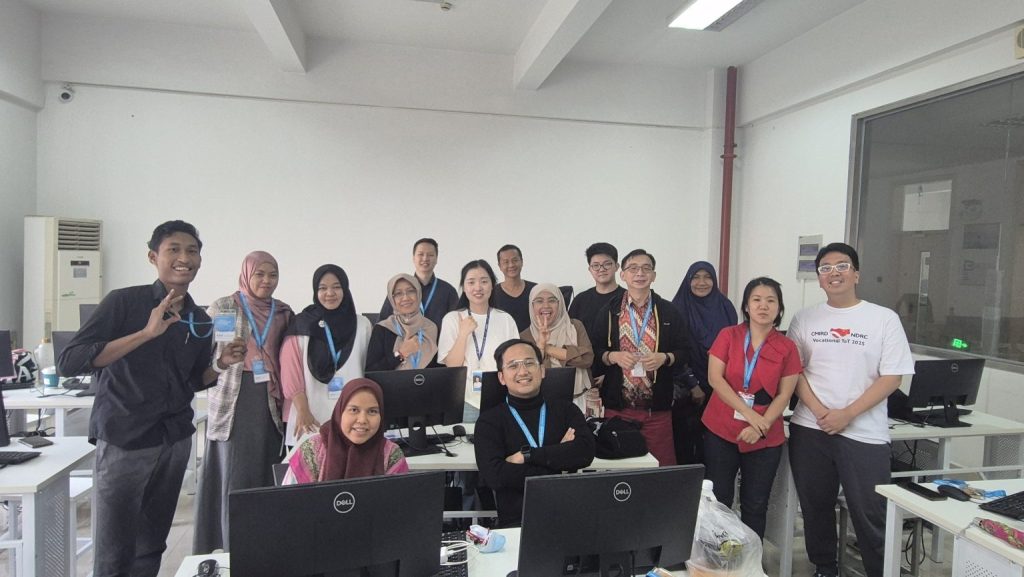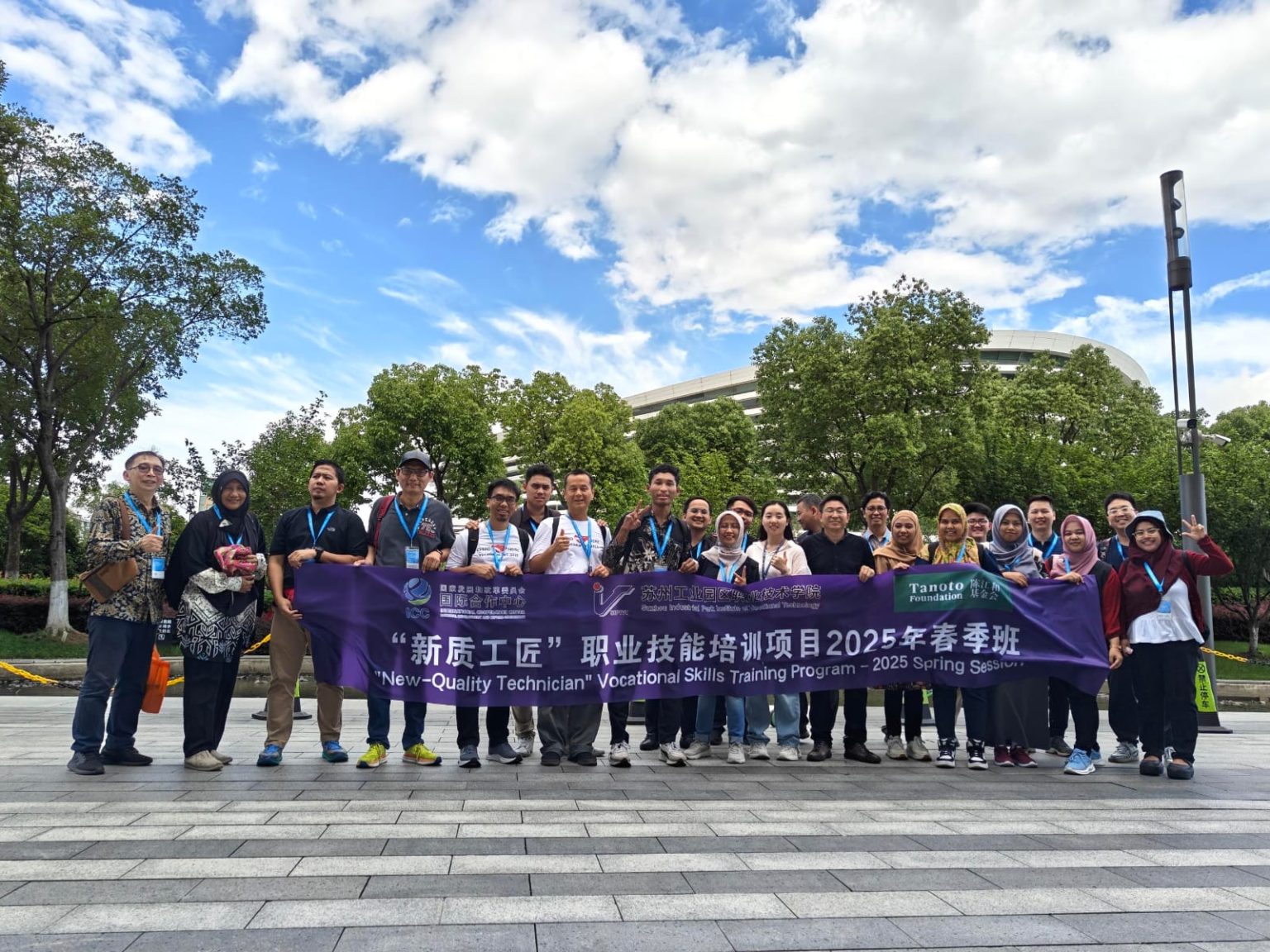CHINA – As a participant in training for more than two weeks in China, ITB STIKOM Bali lecturer Dr. Evi Triandini, M.Eng admitted that there is a lot of material that can be applied to build various aspects based on artificial intelligence.
“The approach taught combines theoretical learning with field experience,” said Evi in China in a written interview with Koranjuri.com, Wednesday, June 25, 2025.
During the activity, the training participants were invited to visit three locations, namely, the Suzhou Olympic Support Center, a visit to the Suzhou MRT and Jingji Lake Suzhou.
The application of artificial intelligence in various visit locations shows that the technology can be adapted according to existing needs.

Evi said that at the Suzhou Olympic sports center, AI is used for integrated energy management in sports facilities. Meanwhile, in public facilities such as the MRT, artificial intelligence is used to predict subway operations.
Furthermore, at Jingji Lake, AI provides innovative solutions for water resource management and urban flood prevention systems.
“This combination of learning provides a holistic understanding of the potential of AI in building smart and sustainable infrastructure,” said Evi.

It is said that the training is beneficial for the development of physical infrastructure. In addition, it also contributes to the transformation of Indonesian higher education towards a sustainable digital era.
“After the training, we plan to implement a project-based learning model that integrates AI technology in the context of a smart city,” he said.
Evi said that her party will focus on equipping students with practical skills in developing building monitoring systems based on the internet of things (IoT) and AI.
Including smart energy management, as well as the use of computer vision and machine learning for infrastructure security and efficiency.
“The model we implement will involve cross-disciplinary collaboration, industry partnerships, and applied research approaches, so that our graduates are ready to answer the challenges of the era of sustainable smart cities,” explained Evi.

